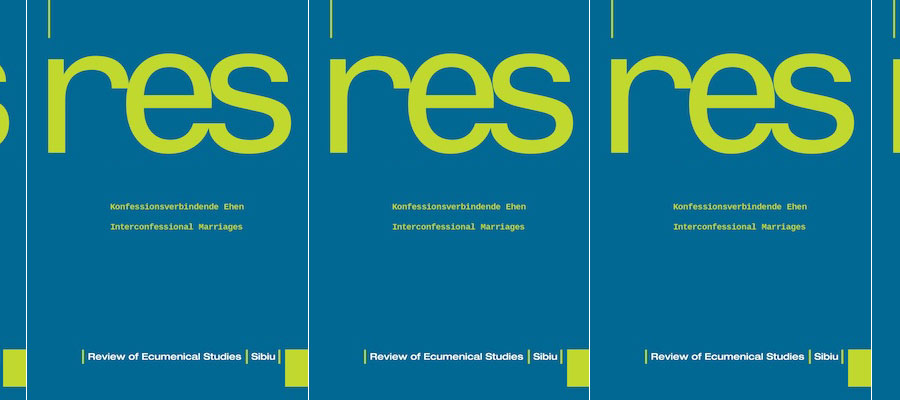The peer reviewed journal Review of Ecumenical Studies invites papers for a special issue dedicated to Theological and Philosophical Vocabulary in the Aftermath of Chalcedon (RES 3/2019).
The Council of Chalcedon (451) has been responsible for one of the most remarkable and long-standing splits within Christianity. Conceptual differences between Chalcedonian and (Miaphysite) Non-Chalcedonian Christianity have been lasting for more than fifteen hundred years, and, despite the advancement of the ecumenical dialogue in recent decades, these conundrums prove to be hard to overcome. One of the results of the contemporaneous theological interchange has been the acknowledgment of differences in the vocabulary employed by the supporters and the detractors of the Council. One such example is the use of philosophical language in sixth and seventh century debates, which consequently made room for different terminological interpretations of the nature(s) of Christ.
This special issue of RES aims to bring together studies on the understanding of vocabulary differences and similarities between the Chalcedonian and non-Chalcedonian Christian traditions. We invite papers from historians, philologists, theologians and philosophers on the debates that took place in the aftermath of Chalcedon till nowadays. We are particularly looking to contributions on the use of philosophical concepts in a theological frame, such as (but not limited to) genus, species, definition, predication, existence, participation, motion, activity, power, soul, body etc. that may prove relevant for understanding their similarities and differences of use within the Greek, Syriac, and Latin languages. Papers emphasizing the social and political background related to the emergence and development of Chalcedonian debates are also warmly welcome.
RES: The Review of Ecumenical Studies publishes articles, essays and reviews which come from the theological field, but also have an interdisciplinary dimension, especially from the fields of philosophy, history, ethics and social sciences. Contributions are published in English or German.
